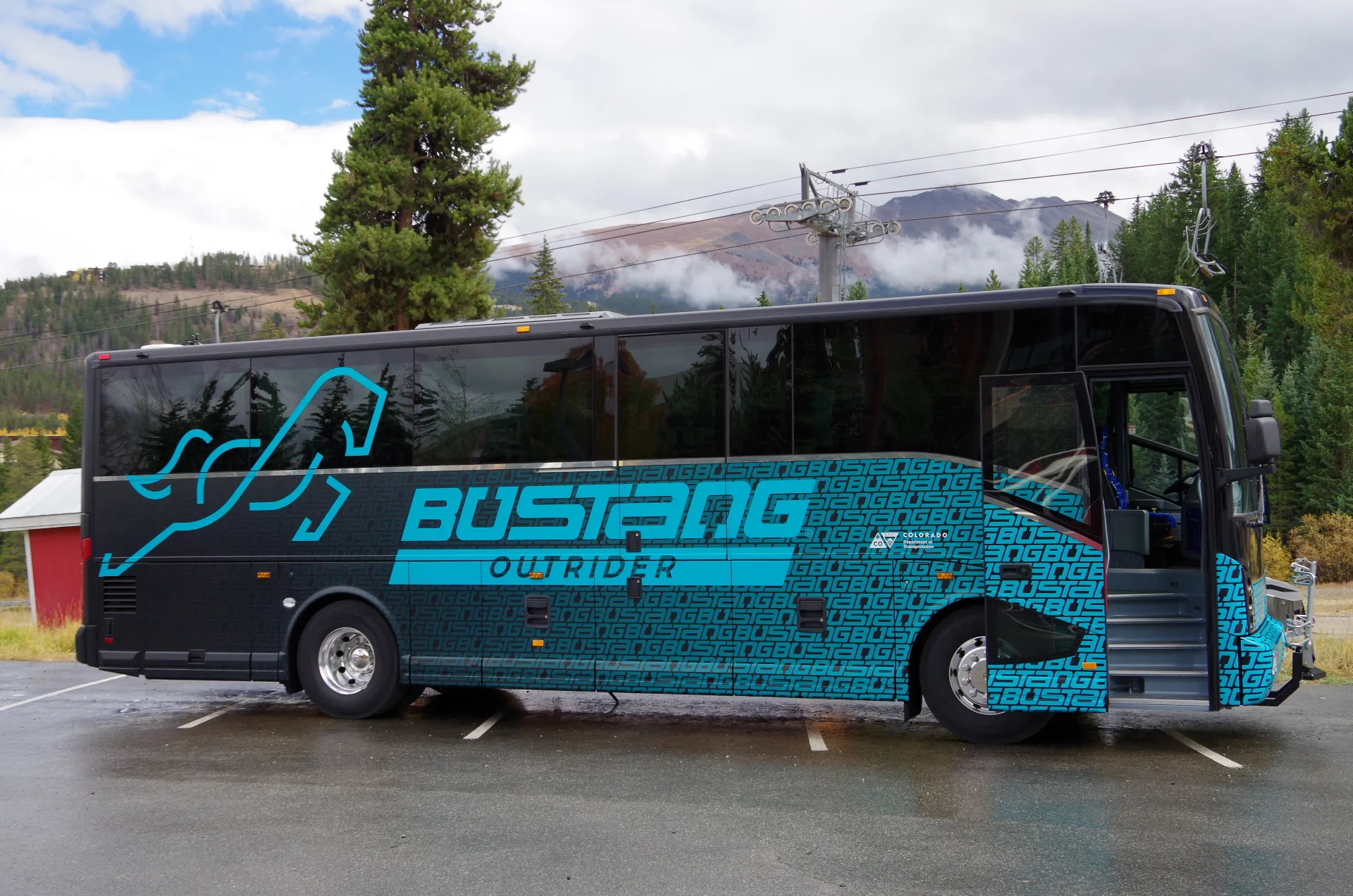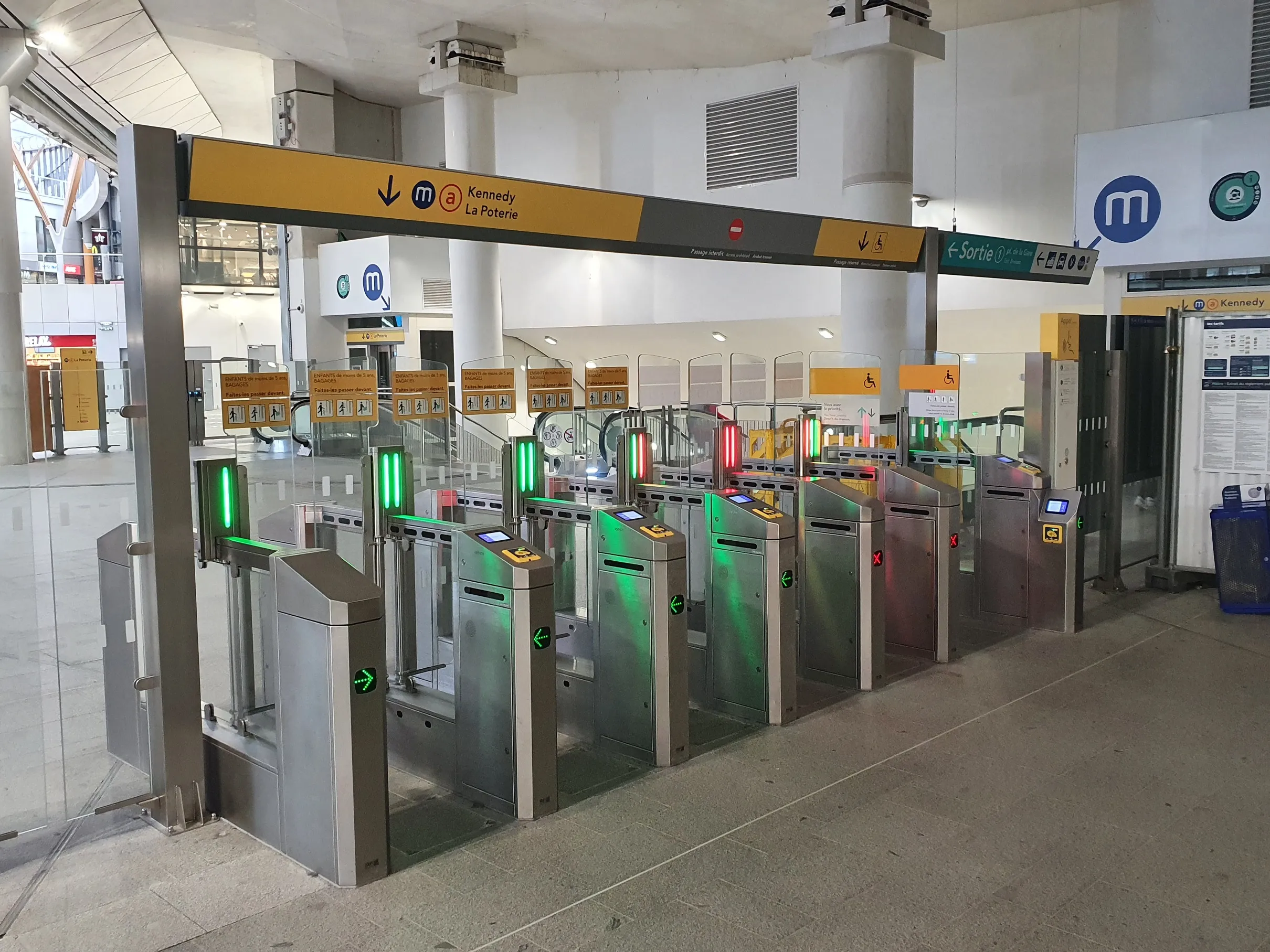
The Colorado Department of Transportation (CDoT) and Masabi are launching an app to enable contactless payments on a regional bus network connecting rural areas of the state.
The app for Bustang Outrider uses a Fare Payments as a Service (FPaaS) approach, helping transit agencies access the latest fare payment innovations quickly, via a cloud native platform like Masabi’s Justride.
Riders can access Outrider's new text service to receive real-time alerts about delays, detours, cancellations and schedule changes. When subscribing, users can receive alerts for the routes that interest them.
Outrider is also available on Google Transit for passengers to plan their routes and timing.
Passengers can plot their trip by inputting start and end locations and preferred arrival and departure times, but can still pay with money when boarding the bus.
The service covers five routes: Durango-Grand Junction, Gunnison-Denver, Alamosa-Pueblo, Lamar-Colorado Springs and Craig-Denver.









